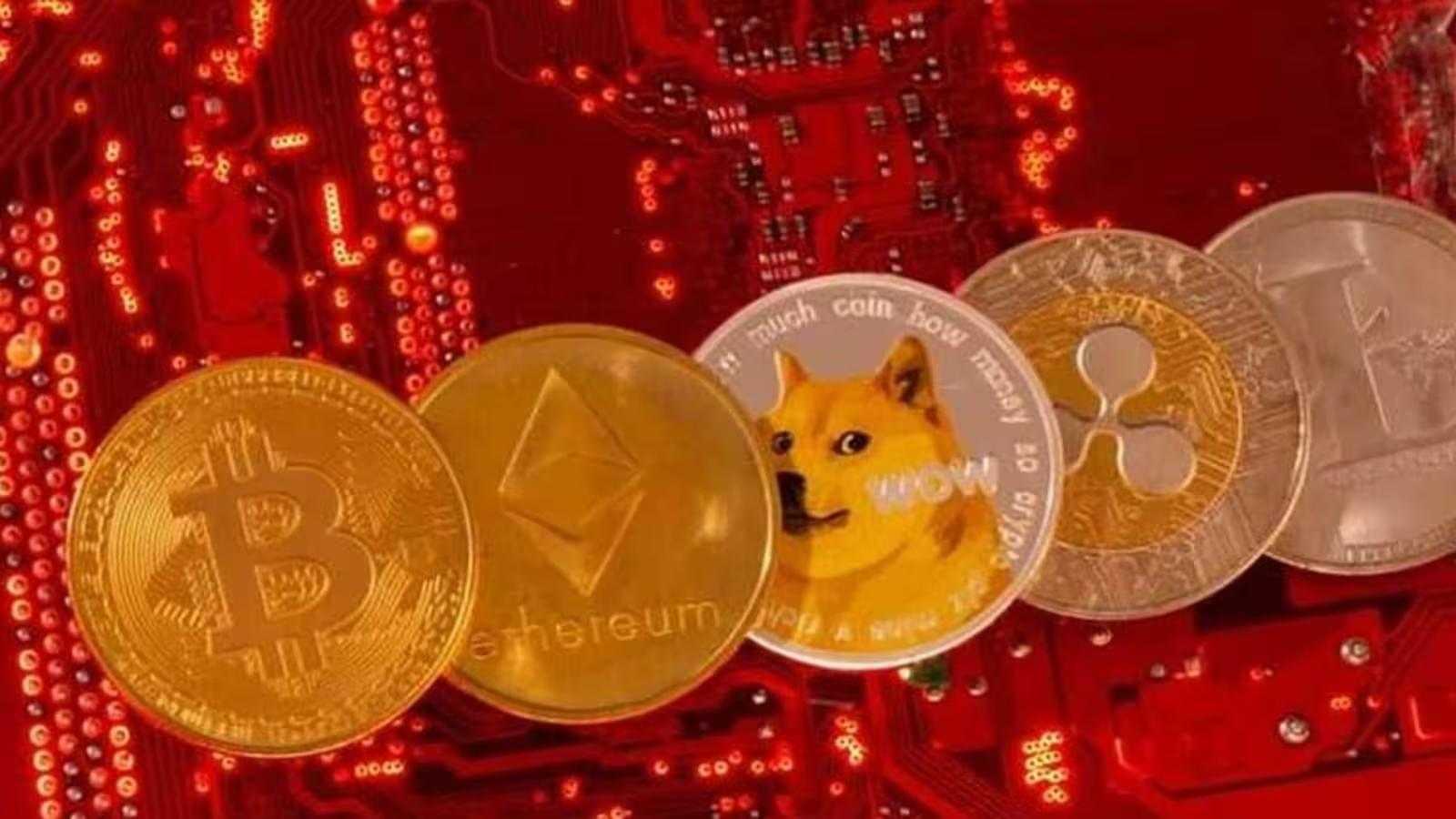3 Minutes
JPMorgan’s Blockchain Arm Takes Aim at Carbon Credit Market
JPMorgan Chase, through its blockchain-focused subsidiary Kinexys, is pioneering a bold initiative to digitalize the voluntary carbon credits market. By converting carbon offsets into blockchain-based tokens, Kinexys aims to modernize a sector that has long struggled with inefficiencies, manual paperwork, and transparency issues.
Innovative Partnership and Pilot Launch
According to a July 2nd Bloomberg report, Kinexys is collaborating with major industry players—S&P Global Commodity Insights, EcoRegistry, and the International Carbon Registry—to pilot a cutting-edge carbon credit tokenization platform. This collaborative test will transform traditional registry-held carbon credits into secure digital assets recorded on a blockchain.
The pilot leverages distributed ledger technology to address persistent challenges in carbon markets such as double-counting, fraud, and unreliable record-keeping. By providing an immutable and transparent record of ownership, blockchain technology could revolutionize how carbon credits are tracked, traded, and verified.
Blockchain Solutions for Carbon Markets
JPMorgan’s latest initiative comes as the bank ramps up its broader focus on climate finance and environmental sustainability. The global voluntary carbon market is on track to surpass $2 trillion by 2030, yet it remains plagued by inconsistent standards, fluctuating prices, and concerns over the authenticity of carbon credits.
Kinexys’ blockchain-driven approach aims to empower institutional investors and companies with a verifiable, easily auditable method to buy, sell, and retire carbon offsets. This modernization could drive much-needed trust, accountability, and scalability, unlocking further growth in sustainable finance.
Demonstrating Leadership in Climate Finance
JPMorgan’s commitment to the carbon credits revolution runs deep. Prior to launching the Kinexys tokenization pilot, the bank signed a landmark 13-year agreement with Canadian carbon capture specialist CO₂80, securing 450,000 metric tons of carbon removal at a cost below $200 per ton—bolstered by U.S. tax incentives. This long-term, strategic investment highlights JPMorgan’s belief in the potential of credible, large-scale carbon removal projects over short-term speculation.
Blockchain’s Proven Capabilities in Financial Markets
Kinexys has already showcased blockchain’s potential for complex, institutional-grade settlements. In May, the unit completed a successful cross-chain settlement of tokenized U.S. Treasuries with Ondo Finance and Chainlink, demonstrating robust infrastructure for both private and public blockchain networks. This proven architecture now sets the stage for securely managing tokenized carbon credits.
As the global climate finance sector seeks greater transparency and standardization, JPMorgan’s Kinexys project could serve as a blueprint for integrating blockchain technology into environmental markets—empowering companies to meet sustainability goals and investors to trust in the legitimacy of the carbon credits they trade.
Source: crypto



Comments